
What Are The 6 R’s Of Sustainability?
You’ve probably heard the phrase ‘reduce, reuse, recycle’ before, but did you know there are actually three more – ‘rethink, refuse, and repair’? These are called the 6 R’s of sustainability and are essential if you want to live in a way that is better for the planet.
Here’s a quick guide to what each term means and how you can use them in your life to reduce waste, lower your carbon footprint, and live more sustainably.
Educational content written by Carys Burton

Rethink

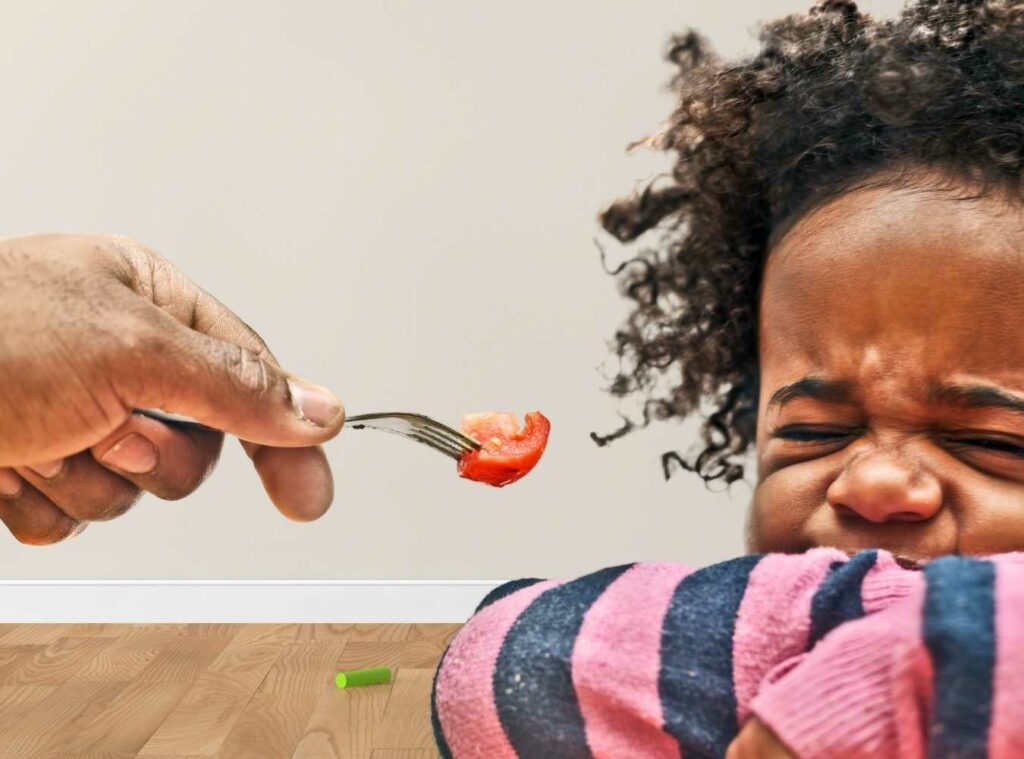
Refuse
Similar to rethinking your purchases, refusing to buy items because they aren’t needed or because they will harm the environment can also help you live more sustainably. It helps to better understand your consumption habits and their environmental impact.
Take the well-known example of plastic straws. We all know they can harm sea life, and as a result, many people have stopped using them, from businesses carrying paper versions or individuals bringing their own. By knowing the impact, you’re more likely to refuse things that are harmful and put yourself in a better position to make smarter, everyday choices.
Reduce
The first of the well-known 6 R’s of sustainability, but while most people are aware of it, “reduce” represents a fundamental and practical step towards reducing your environmental footprint.
Put simply, if we consume less, we’ll waste less.
This could be anything from buying fewer clothes to reducing the meat you eat.
The first two R’s, rethink and refuse, help this happen.
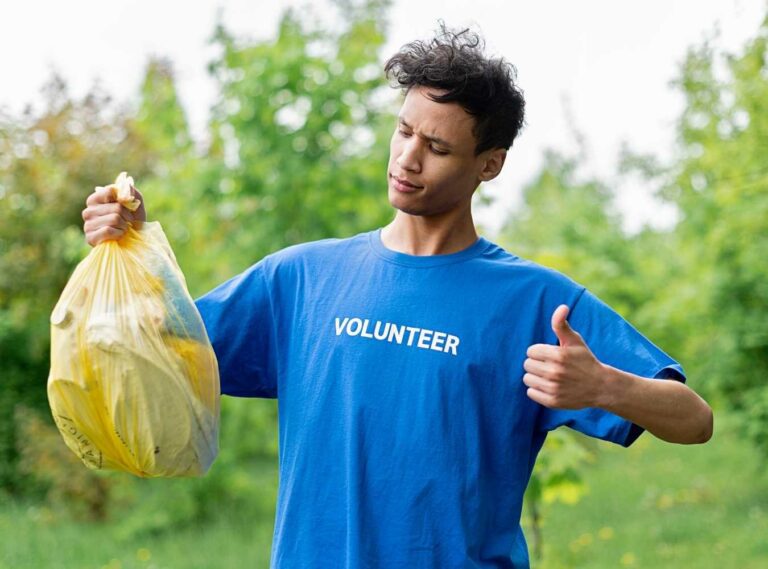
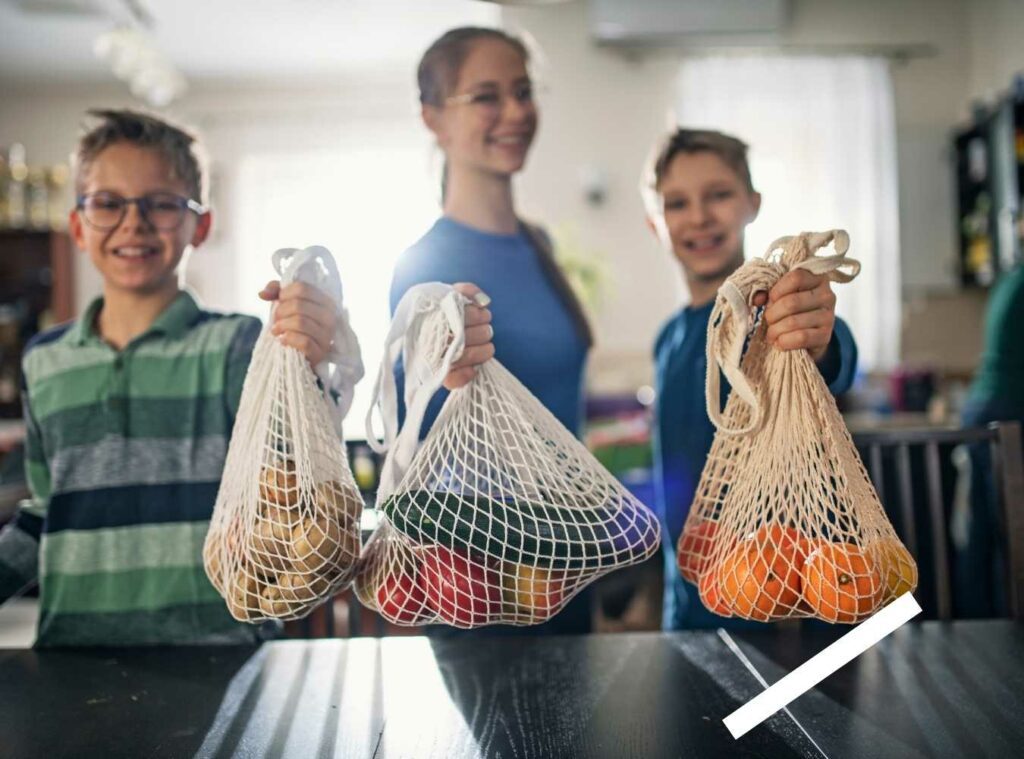
Re-use
If you don’t need something, try to see if you can reuse or repurpose it in some way before throwing it away.
This could mean that instead of buying a replacement, reinventing it and finding an alternative use.
Remember, you’re paying for the product and the packaging, so try to make use of both.
You can also make more permanent swaps from single-use products to reusable alternatives to make an even bigger impact.
This can be as simple as getting reusable shopping bags or swapping to refillable cleaning products rather than ones in plastic packaging.
Repair
If something is broken, you should first consider repairing it instead of replacing it with a new product.
It’s super tempting to replace your broken goods with brand-new ones, but why not try your hand at a bit of DIY instead?
Extending the lifecycle of your things is one of the best ways we can choose to live more sustainably.
This will also help you save money, as buying something entirely new can be expensive, while getting it repaired is free or only costs a small fee.
You could also check if your neighbourhood has a community repair centre and, if you’re handy yourself, give back and offer some repairs in turn.
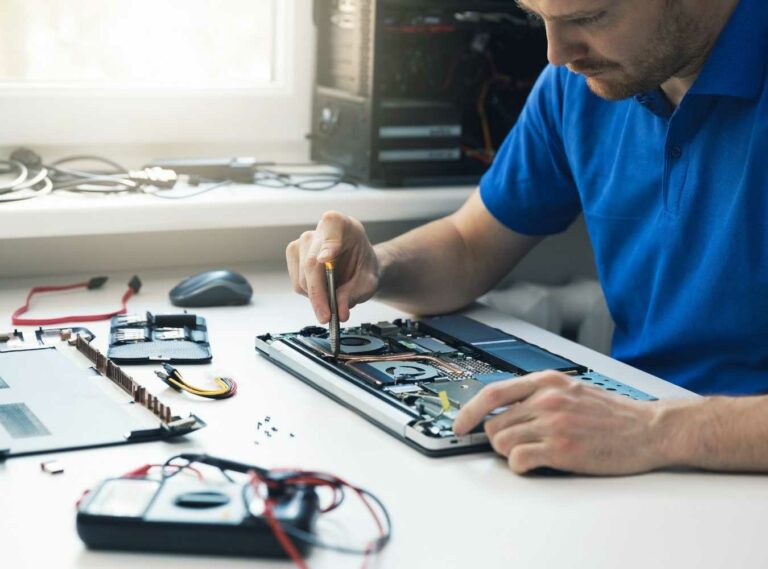
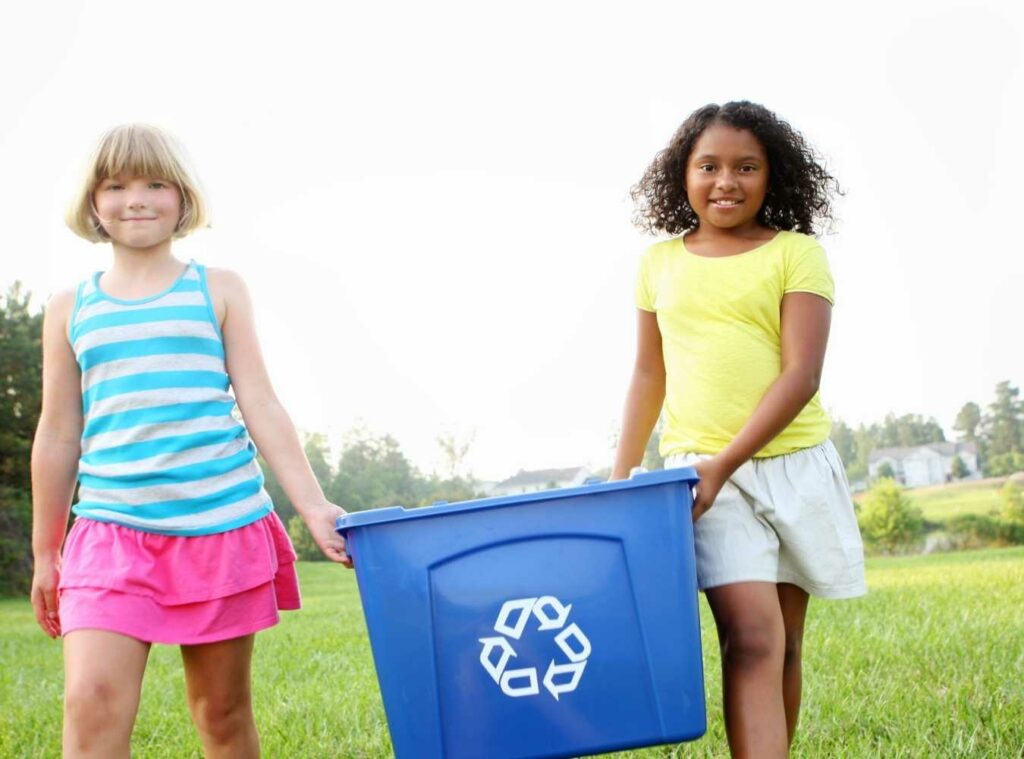
Recycle
The final of the 6 R’s of sustainability is also one you’re likely familiar with. When all else has failed, disposing of something sometimes has to be done, and the best way to do that is by recycling it. By separating your waste, you help it reach the right treatment centres. The raw materials in your products can be reclaimed and reused to make another product, saving resources and reducing emissions. Make sure you’re recycling effectively and know what can be recycled and how by looking at the packaging or your local council guidelines.
There are also smaller acts of recycling that you can do around your home, which help more immediately. Recycling water from boiling pasta or rice to water your plants or starting a compost heap are really easy ways of doing more hands-on recycling.
Keeping the 6 R’s of sustainability in mind will help you make more sustainable decisions in your everyday life, one small step at a time.
Play It Green can also help you on your journey by providing weekly tips on living more sustainably and discounts on sustainable products, so you don’t have to break the bank either.
On top of that, you’ll be making an immediate environmental and social impact through the trees you plant and by giving back to charity.
If we all do our bit, these tiny changes in our individual lives can make a big difference when it comes to tackling climate change.





